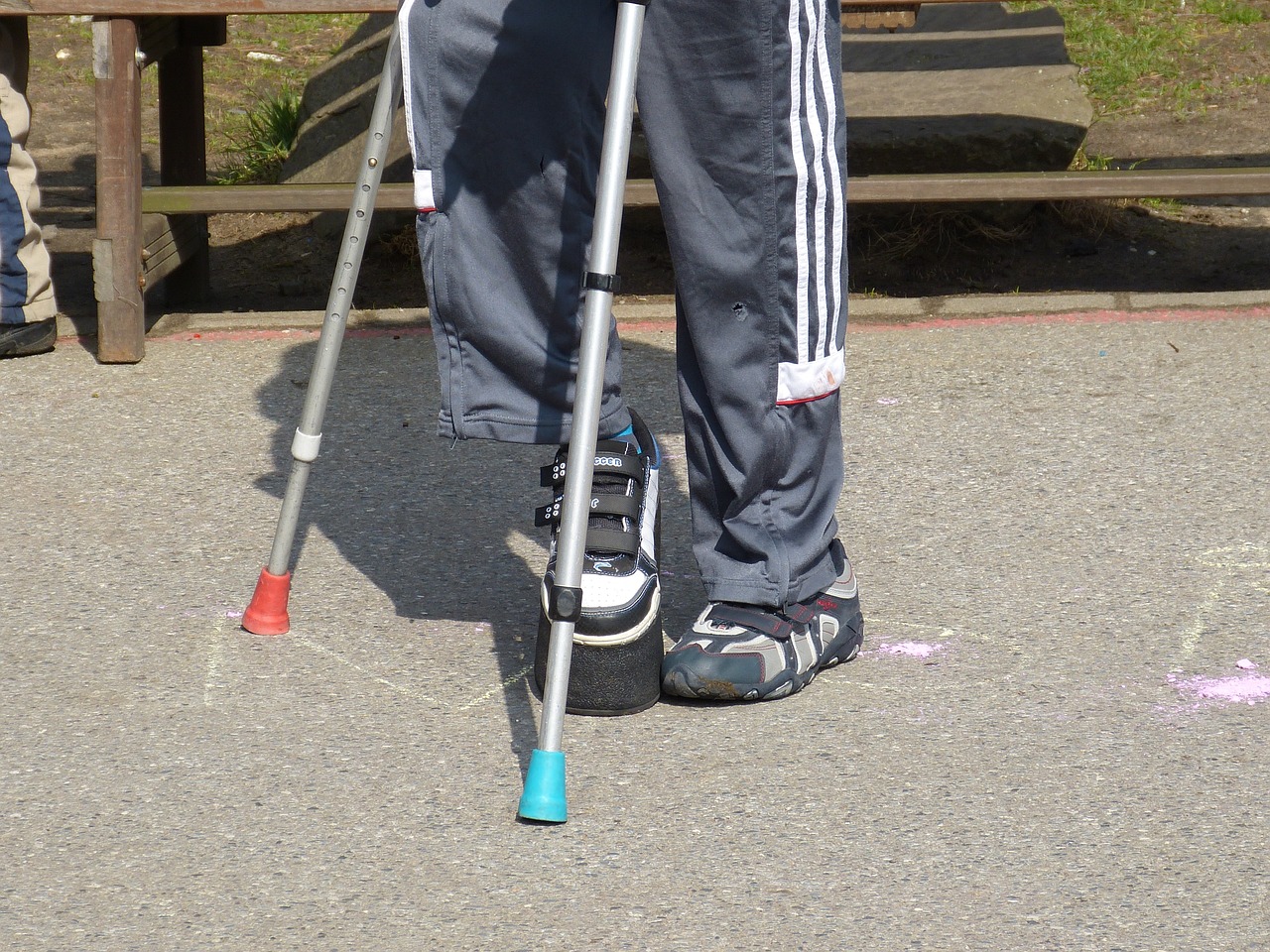For some people, being born with birth defects can be a challenge to live with. A “congenital disorder, ” or a condition that someone is born with, can result in lifelong difficulties. Because birth defects are usually complex, they can affect many different parts of the body. Some birth defects impact the way the body functions, while others affect physical appearance. However, with the right medical care and support, people with birth defects can still lead fulfilling lives.
One of the most common types of birth defects is a heart defect. This occurs when the heart doesn’t develop properly in the womb, making it difficult for it to pump blood throughout the body. A person with a heart defect may need surgery or other types of medical treatment to help their heart function properly. Even with treatment, living with this kind of condition can be difficult because it can make physical activity more challenging.
Cleft lip and cleft palate are also common birth defects. These occur when the baby’s lip or mouth doesn’t develop properly. This can make it difficult to eat, breathe or speak normally. Surgery can help to fix the cleft lip or palate, but it usually takes several surgeries to completely repair the condition. In addition to surgery, kids born with cleft lip or cleft palate will often need to work with speech therapists or other healthcare providers to learn how to speak clearly and feed properly.
Another common birth defect is spina bifida. This condition happens when the baby’s spine doesn’t develop properly in the womb. Some people with spina bifida have difficulty walking and may need braces or a wheelchair to get around. Some also have bladder or bowel problems, which require special medical attention. While there is no cure for spina bifida, people with this condition can live full, happy lives with the right medical care and support.
These are just a few of the many different types of birth defects that can affect people. Others include Down syndrome, cerebral palsy, and muscular dystrophy. Each condition presents its own challenges, but no matter what type of birth defect someone is born with, they can still lead a fulfilling life.
It’s important to remember that living with a congenital disorder can be challenging, both physically and emotionally. Children born with birth defects may be teased or bullied because of their appearance, which can make it difficult for them to form strong relationships. Additionally, it can be hard for them to feel like they fit in with their peers.
Parents of children with birth defects also face added stress and worry. They may need to schedule frequent doctor’s appointments or therapy sessions, which can be financially and emotionally taxing. However, with the right support, parents of children with birth defects can learn how to provide the care their children need, while also taking care of themselves.
Support for individuals and families affected by birth defects is available through various medical, educational, and social programs. Local and national organizations provide resources, such as support groups and advocacy services. It is also important to remember that intervention at early stages will encourage success for children with birth defects – early diagnosis and treatment is crucial for long-term development.
Birth defects can pose significant challenges, but people living with them are not alone. With the right medical care and support, people with birth defects can lead fulfilling lives. It is important to remember that people should not be defined by their condition, and that their life experiences go far beyond it. Though it may take some extra effort, people living with birth defects can still achieve their goals and lead rewarding lives.
